I train the existing mental skills and abilities in athletes using the Deep Inside® – state of mind methodology. The goal is to enhance the athlete’s well-being, self-efficacy, and self-awareness. To achieve this, I transfer knowledge, provide tools, and a method so that the athlete can use them independently in the field, on the mat, in the water, or in the context where they are called to perform. Autonomy is crucial for Deep Inside® – state of mind and is built upon well-being and empowerment.
I create customized training programs tailored to professionals. In the methodology, I apply specific cognitive neuro-enhancement protocols, complete with monitoring using assessment and neuro-assessment protocols. In the case of specific personal issues within my team, I collaborate with psychologists and psychotherapists for interventions within their expertise. The working protocol of the Deep Inside- State of Mind method incorporates specific exercises and utilizes the aquatic element as a tool to accelerate automatic responses and cognitive, emotional, and behavioral biases. Neurophysiological monitoring and instrumentation are used to objectively verify and promote the enhancement of mental abilities.
A valid method is acquired forever. Constant use modifies the nervous system and brain at a functional and structural level, benefiting performance.
Extended higher-order cognitive processes, such as executive functions (EF), problem-solving, strategic planning, decision-making processes, learning flexibility...
Growth in emotional empathy towards one's own and others' emotional states, cognitive empathy in assuming others' perspectives, and the ability to manage social interactions.
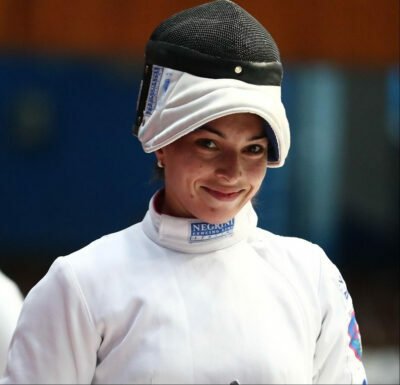
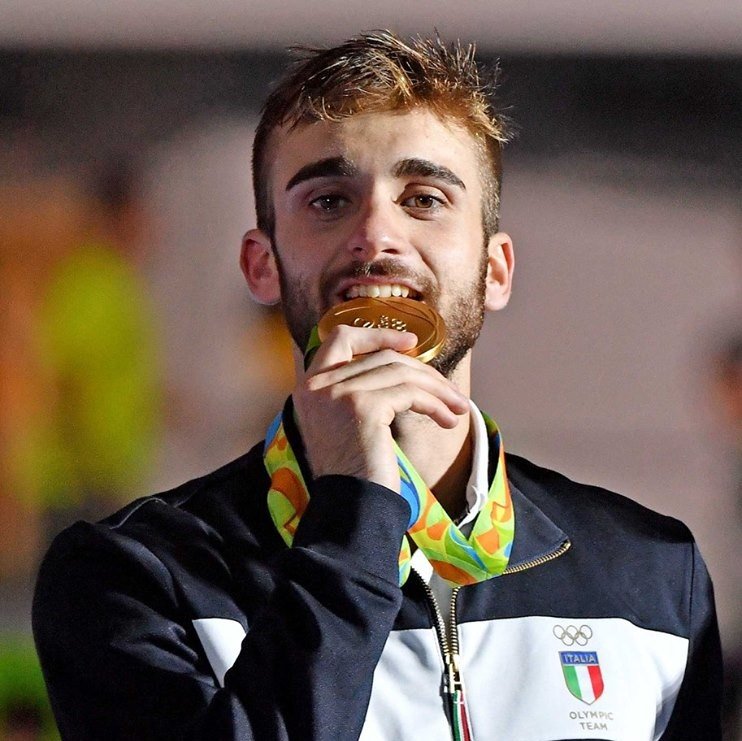
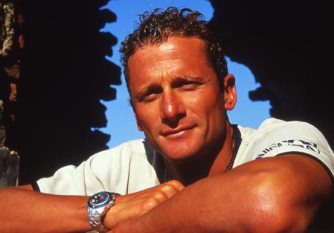
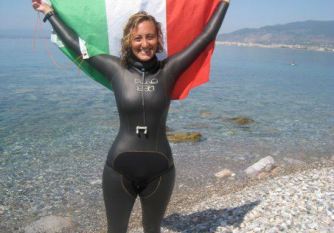
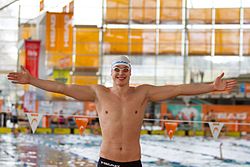

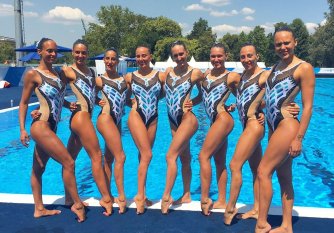
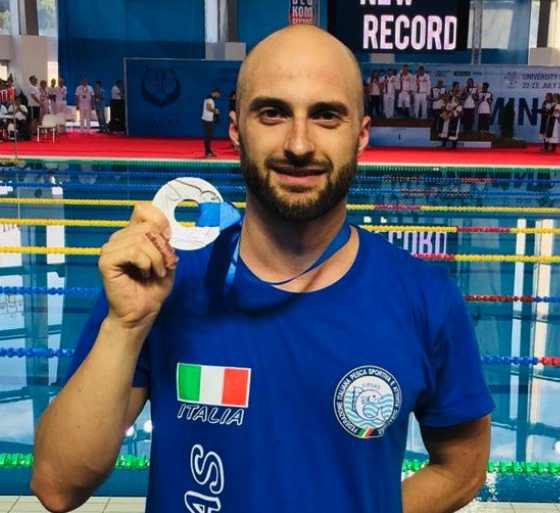
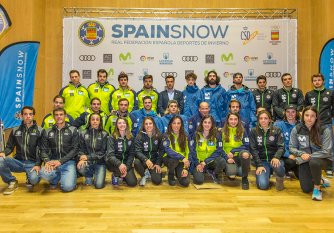
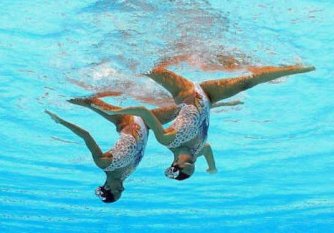
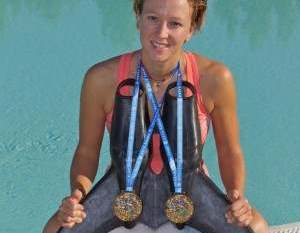
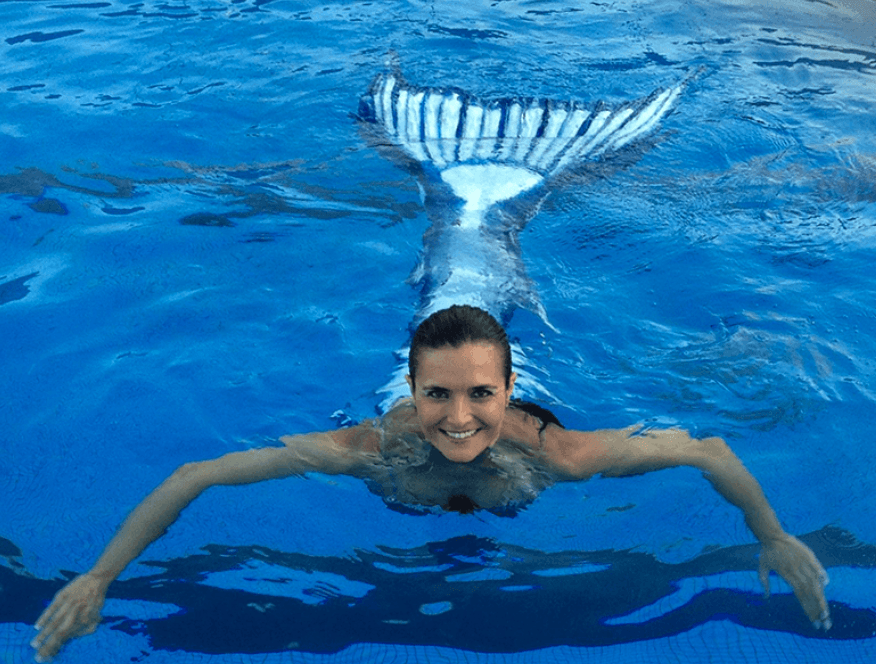
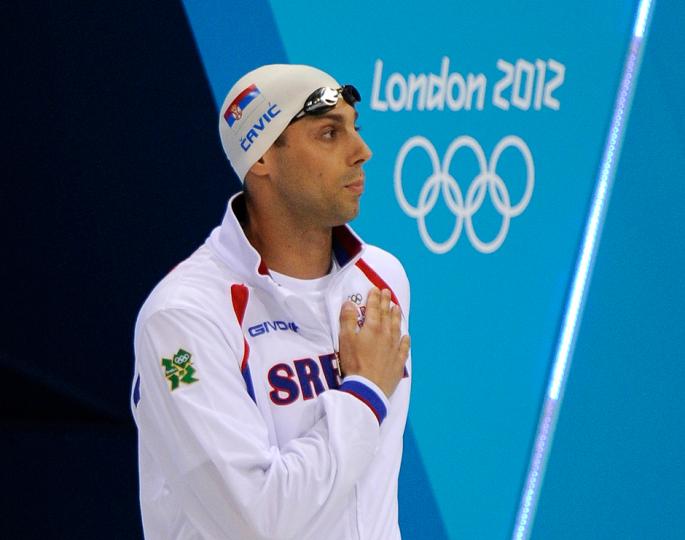
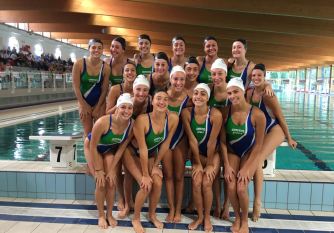
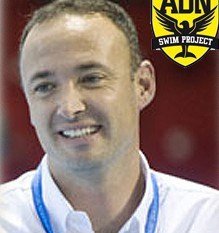
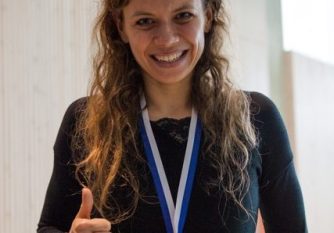
Improvement of the working climate, relationships and team performance.
Generate a motivating environment for the benefit of the athletes, coaches and team.
Talents expressed thanks to the working method, clarity of objectives, self-confidence, adequate relationships, work climate.
The team consists not only of athletes but also of technicians, coaches, trainers, nutritionists, team managers, and more, all of whom need to be engaged. The team is not just the sum of the professionals involved; it’s a living organism with its own emotions, defense mechanisms, reactions, and thought processes. Often, internal conflicts within the team can affect the professionals and collective performance. Neuroscience and increasingly precise and sophisticated neuroscientific tools, such as the use of the Hyperscanning paradigm, provide an innovative approach to working with teams on this theme
I also apply a specific work protocol with teams. In this case, it involves all members of the group and consists of specific classroom exercises for member training, the creation of a values charter, conflict management, internal relationships, and communication. I work to identify cognitive, emotional, and behavioral biases that are activated under stress within the group and use monitoring and neurophysiological instruments to objectively control and promote the enhancement of mental skills
Professionals who work every day in the field alongside students and athletes, in teams that must continually perform, have extraordinary opportunities for professional and personal growth. My task is to work together on human resource facilitation skills at all levels.